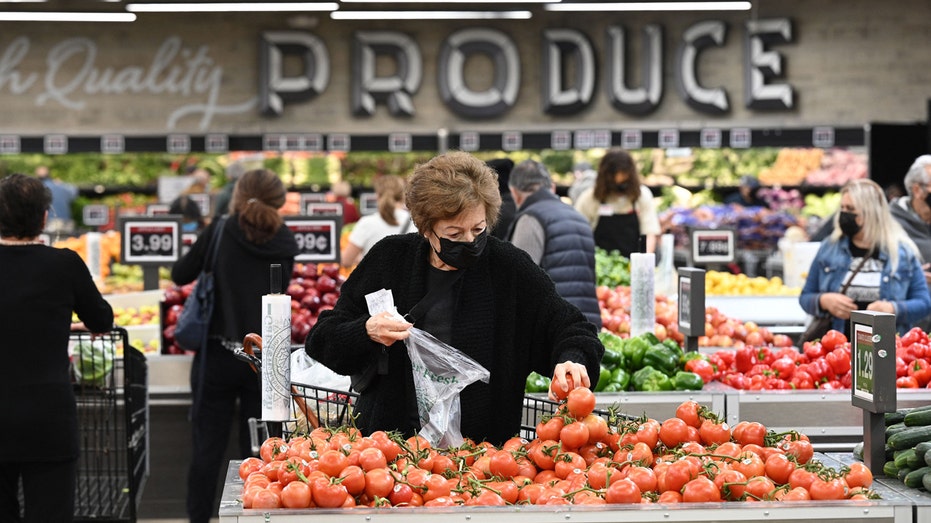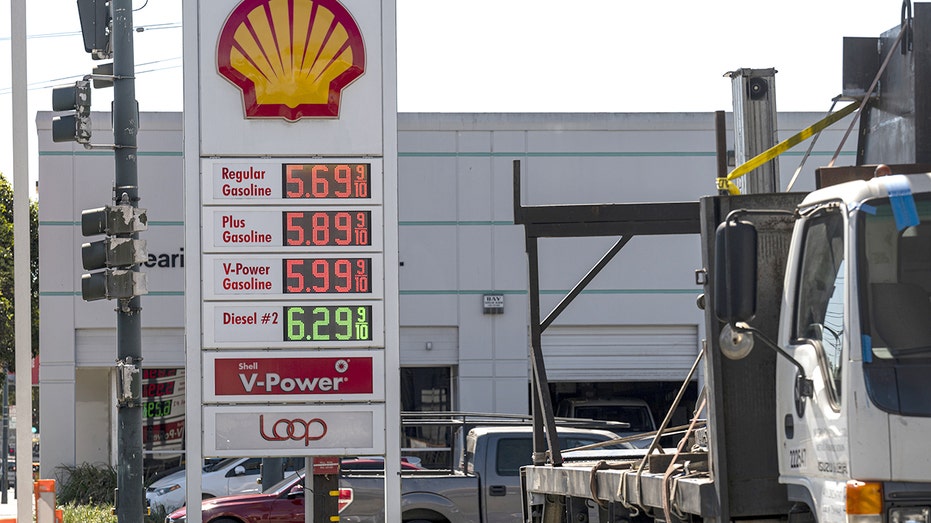States explore tax cuts to offset soaring inflation, but it could make the problem worse
Slashing taxes could actually exacerbate the inflation spike, experts say
Karl Rove: Biden not acknowledging root cause of inflation
Fox News contributor Karl Rove gives economic outlook as inflation soars 8.3% in April, near 40-year high on 'Fox Business Tonight.'
A growing number of states are taking steps to temporarily cut taxes in hopes of providing some relief for Americans who are experiencing the hottest inflation in a generation, but it could actually exacerbate the problem.
California, Delaware, Georgia, Florida, Kansas, Idaho, Indiana, Iowa, Maryland, New Mexico and Pennsylvania are among the states that have floated – or already passed – laws intended to put more money into taxpayers' pockets as a way of offsetting soaring consumer prices. Collectively, there are some three dozen states enacting or considering a form of tax relief, according to the Tax Foundation, a nonpartisan group that advocates for lower taxes.
INFLATION SOARS 8.3% IN APRIL, HOVERING NEAR 40-YEAR HIGH
In New Mexico, lawmakers sent most taxpayers $1,000 to help with rising gas and grocery prices, while legislatures in Maryland and Georgia temporarily paused the gasoline tax in their states. Iowa, Idaho and Indiana have all slashed income taxes this year.
The push to lower taxes comes as consumers grapple with the highest inflation in nearly 40 years: The government reported last week that the consumer price index, a broad-based measure that tracks the price of goods including health care, rent, gasoline and food, jumped 8.3% in April, far faster than economists' expected.

People shop for groceries at a supermarket in Glendale, California, Jan. 12, 2022. (Robyn Beck/AFP via Getty Images / Getty Images)
On average, Americans are shelling out an extra $311 a month on goods and services because of inflation, according to a Moody's Analytics analysis published last week. The financial squeeze stems from the rising cost of a number of everyday goods, including cars, rent, food, gasoline and health care.
As a result, states – many of which are still flush with stimulus cash – are trying to pad consumers' wallets by lowering taxes.
But the plan could ultimately backfire, resulting in even higher inflation, according to Howard Gleckman, a senior fellow at the Tax Policy Center. Gleckman argued that putting more money into people's pockets at a time of already steep inflation could further increase demand for goods, driving up prices and worsening the inflation spike.
"What a deal," he wrote in a recent blog analysis. "In exchange for modest tax savings, people will pay higher prices and interest costs."

Signage displays fuel prices at a Shell gas station in San Francisco, California, on March 7, 2022. (David Paul Morris/Bloomberg via Getty Images / Getty Images)
While research shows that consumers' responses to tax cuts can be quite variable – people are more likely to spend the money if the reductions are visible, for instance – the bottom line is that lowering taxes will almost certainly boost consumption, driving prices higher.
"The best lawmakers can do is not make the problem worse by throwing more money at consumers, either in the form of tax cuts or new spending," Gleckman said.
Gleckman said the onus to tackle inflation is ultimately on the Federal Reserve, which has already responded to rising consumer prices by increasing the benchmark federal funds rate by 50 basis points for the first time in two decades. Fed Chairman Jerome Powell has signaled that more, similarly sized hikes are on the table at future meetings as policymakers race to catch up with runaway inflation.
GET FOX BUSINESS ON THE GO BY CLICKING HERE
"Inflation is much too high, and we understand the hardship it is causing, and we are moving expeditiously to bring it back down," Powell told reporters recently. "Assuming that economic and financial conditions evolve in line with expectations, there is a broad sense on the committee that additional 50 basis point increases should be on the table at the next couple of meetings."
